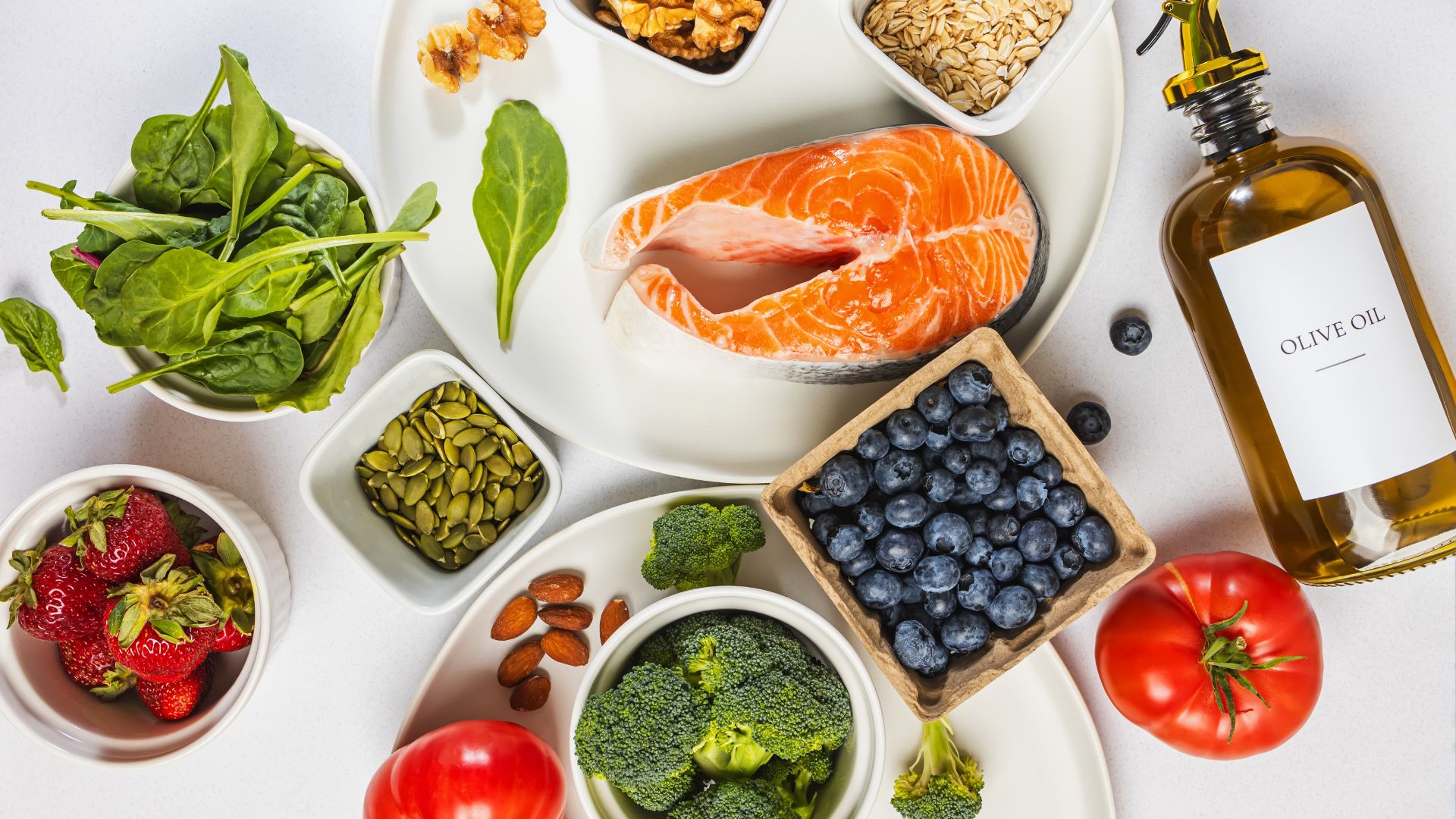In today’s fast-paced world, where chronic diseases like heart disease, diabetes, and arthritis are prevalent, taking proactive steps to optimize health is crucial. One effective approach gaining traction is adopting an anti-inflammatory diet. This dietary strategy focuses on consuming foods that reduce inflammation in the body, thereby lowering the risk of various health issues and promoting overall well-being.
Understanding Inflammation and Its Implications
Inflammation is the body’s natural response to injury or infection, necessary for healing and protection. However, when inflammation becomes chronic due to factors like poor diet, stress, or environmental toxins, it can lead to systemic inflammation. This chronic inflammation is linked to an increased risk of chronic diseases such as cardiovascular disease, diabetes, arthritis, and even cancer.
Key Principles of an Anti-Inflammatory Diet
An anti-inflammatory diet emphasizes whole, nutrient-dense foods while minimizing processed and inflammatory ones. Here are key principles to follow:
Load Up on Fruits and Vegetables
Colorful fruits and vegetables are rich in antioxidants and phytochemicals that combat inflammation. Aim for a diversity of colors to increase nutrient absorption.
Choose Healthy Fats
Incorporate sources of omega-3 fatty acids such as fatty fish (salmon, mackerel), flaxseeds, chia seeds, and walnuts. These fats help reduce inflammation.
Opt for Whole Grains
Whole grains like brown rice, quinoa, oats, and whole wheat provide fiber and nutrients that can help lower inflammation compared to refined grains.
Include Lean Proteins
Choose lean protein sources such as poultry, tofu, beans, and legumes. Limit red meat consumption, which can promote inflammation.
Spice It Up
Use herbs and spices like turmeric, ginger, garlic, and cinnamon in cooking. They contain potent anti-inflammatory compounds.
Foods to Embrace
- Leafy greens: Spinach, kale, Swiss chard
- Berries: Blueberries, strawberries, raspberries
- Nuts and seeds: Almonds, walnuts, flaxseeds
- Fatty fish: Salmon, sardines, trout
- Healthy oils: Olive oil, avocado oil
- Legumes: Lentils, chickpeas, black beans
Foods to Limit or Avoid
- Processed foods: Fast food, sugary snacks
- Sugary beverages: Soda, energy drinks
- Trans fats: Margarine, processed baked goods
- Refined carbohydrates: White bread, pastries, white rice
- Excessive red meat: Beef, pork, lamb
Implementing an Anti-Inflammatory Lifestyle
Beyond diet, lifestyle choices also impact inflammation levels. Regular physical activity, stress management techniques like yoga or meditation, and adequate sleep are crucial for maintaining overall health and reducing inflammation.
Conclusion: Your Path to Better Health
Embracing an anti-inflammatory diet isn’t just about what you eat—it’s a holistic approach to improving your health and quality of life. By making informed food choices and incorporating anti-inflammatory principles into your daily routine, you can support your body’s natural defenses, reduce inflammation, and lower the risk of chronic diseases. Start small, prioritize whole foods, and gradually make adjustments to create a sustainable, anti-inflammatory lifestyle. Your body will thank you with increased energy, improved mood, and resilience against disease. Remember, optimizing your health begins with the choices you make every day.

